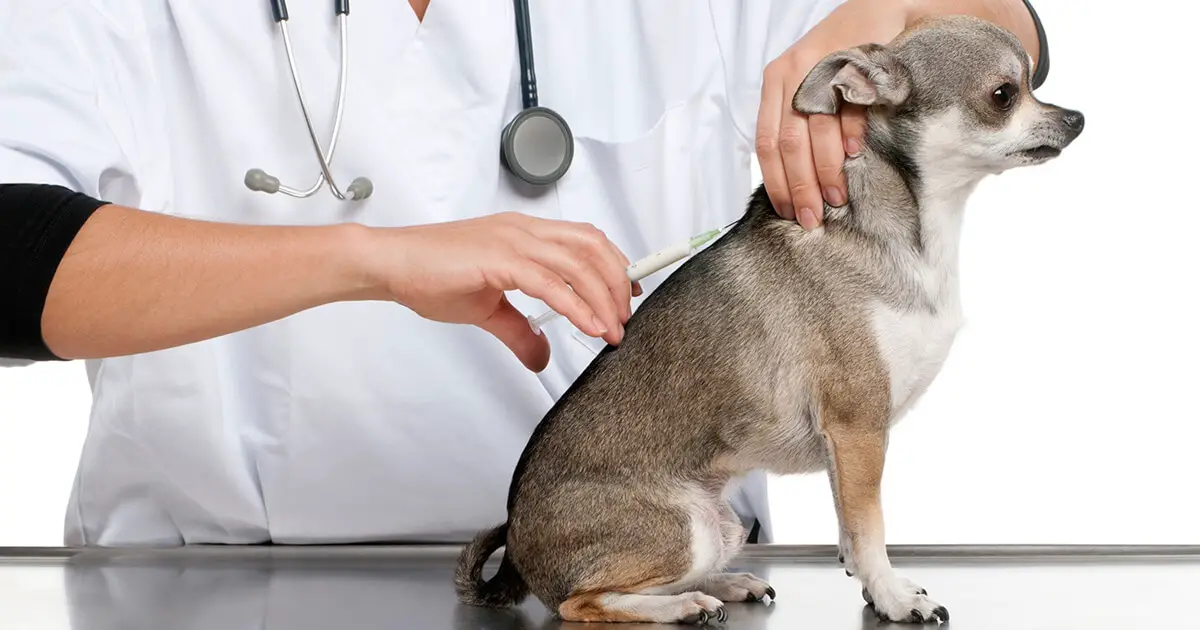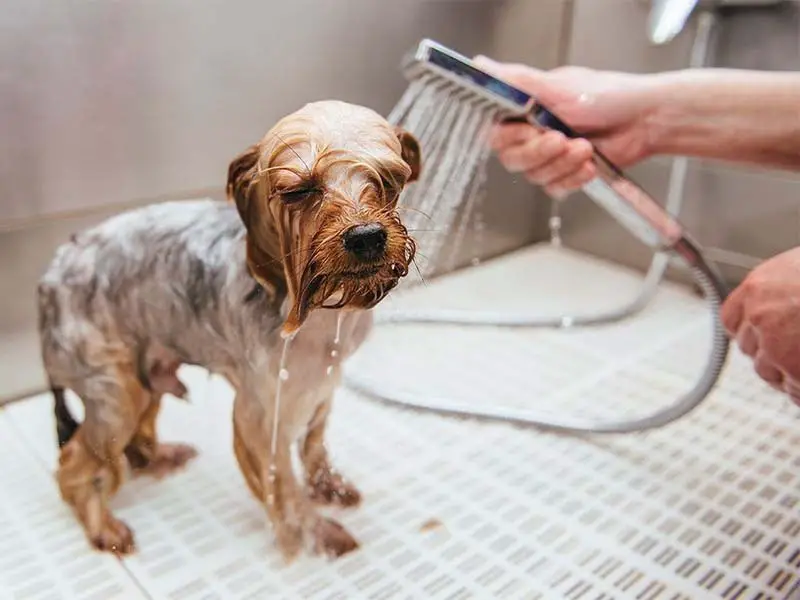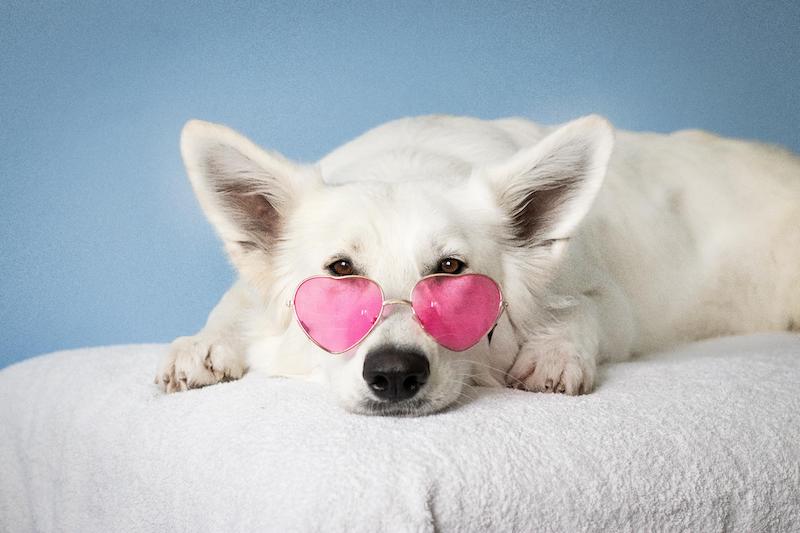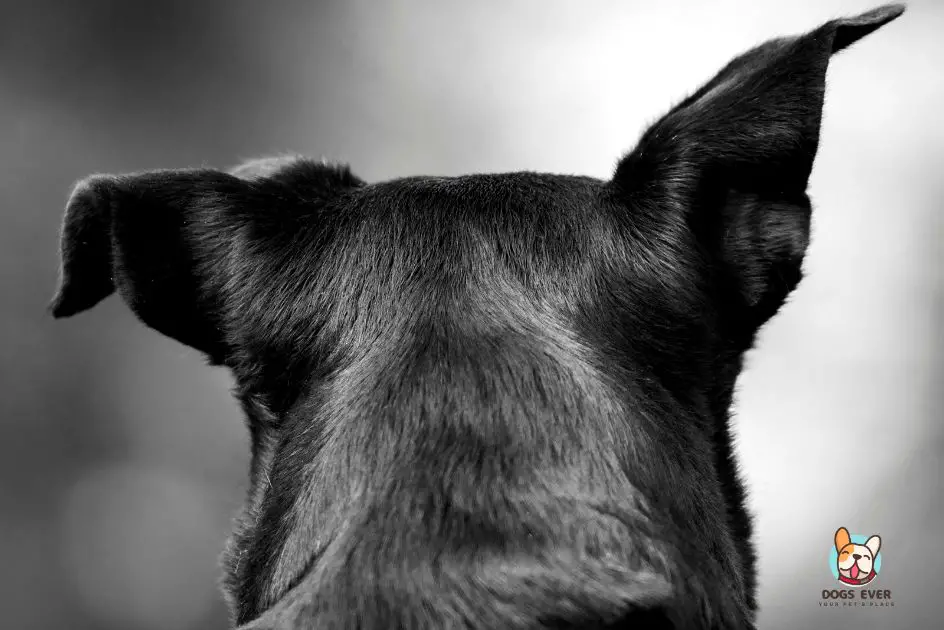· Health · 3 min read
Can dogs have side effects from rabies shot?

The rabies virus is very infectious and always lethal. It is not only a canine disease; cats and other animals, including humans, are also susceptible. Fortunately, rabies in dogs may be prevented with immunization. Read on to find out more on the side effects from rabies shot.
To what extent do some people have reactions to the rabies vaccine?
Every year, and sometimes every three years, dog owners take their pets in for checkups that include a rabies vaccine. The immunizations protect against a fatal illness that strikes wild animals and, sadly, may transmit to pets like cats and dogs. Sometimes, even helpful interventions like these might do more harm than good. Your dog may have an allergic reaction to anything it ingests that it considers dangerous, but in the case of vaccinations, it is often necessary to overcome the allergy in order to protect against illness.
Your dog’s immune system may have a hypersensitive reaction to the rabies vaccination, causing an allergic reaction. There may be a variety of signs and symptoms, from a rash to diarrhea to, in very rare circumstances, renal failure.
Possible Side Effects from Rabies Vaccine
The rabies vaccine has the greatest incidence of adverse events compared to the other canine immunizations.
It’s possible to have everything from relatively harmless side effects to potentially fatal ones. Minutes after receiving any vaccination, a person may have anaphylaxis, a potentially fatal response. Canines affected by this condition will show signs of respiratory distress, shock, and heart failure. Staying at the vet clinic for at least half an hour after treatment with epinephrine is recommended in case of any bad reactions.
Diarrhea, vomiting, hives, and face swelling are among possible indicators of illness that might appear within hours. Please take your dog back to the vet immediately if any of these symptoms appear! The dog should be closely monitored during the first few hours and days after immunization due to the possibility of serious side effects. Avoid getting your dog vaccinated on the weekend or in the evening, when many animal hospitals are closed.
Local responses at the injection site are far more prevalent in dogs. Some discomfort or pain at the injection site is frequent and usually subsides within 48 hours. Some little dogs may be too anxious if lifted up or petted. One such symptom is a lack of appetite and a generalized appearance of exhaustion.
Call your vet; they may suggest giving your dog baby aspirin to help with the discomfort until you can get them in for an appointment.
Adverse reactions to the rabies shot in dogs
Extreme reactions to the rabies vaccination in dogs are very unusual, but they do happen. This is usually due to the dog’s immune system overreacting to the immunization, rather than any flaw in the vaccine itself.
What if your dog becomes ill after getting a rabies shot?
Dogs may experience the same side effects from vaccinations that humans do, including pain, swelling, rashes, vomiting, diarrhea, and lack of appetite. Call your vet if you see anything really wrong after your dog has been vaccinated.
Even if you never anticipate your dog being in a position where it may be exposed to rabies, it’s better to be safe than sorry. The best part is that you can rest easy knowing your dog is safe after rabies shot.




